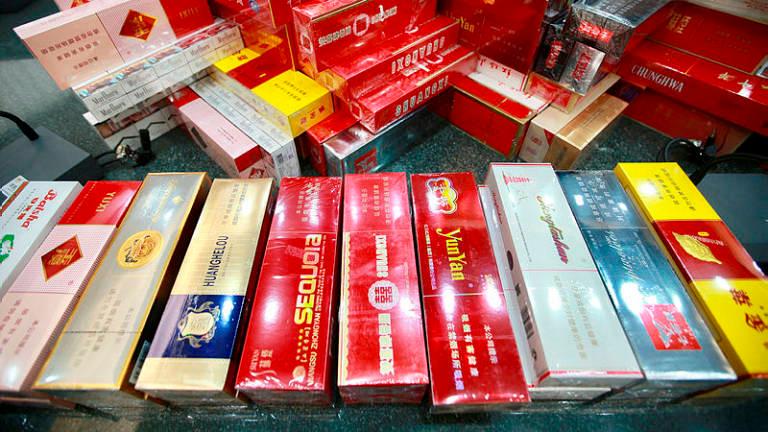IN a recent interview with BFM radio, Finance Minister Tengku Datuk Seri Zafrul Abdul Aziz highlighted rightly that the government needs to address issues related to the shadow economy, singling out illegal cigarettes in particular.
Estimates put the Malaysian shadow economy or black market to be 21% of the formal economy or around RM300 billion.
The illegal cigarette trade is likely the largest sector in the shadow economy.
Latest studies have found that six out of 10 cigarettes sold in Malaysia today are illegal, which causes the government to lose more than RM5 billion annually in uncollected excise tax.
In order to disincentivise this endemic illegal cigarette trade, the approach has to be multi-pronged including enhancing enforcement, excise reforms and public education.
When it comes to enforcement, the authorities must carry out periodic and consistent action at the retail level where actual distribution of illegal cigarettes take place.
The goods must be confiscated and these traders must be charged to the fullest extent of the law.
In order to enable greater effectiveness and efficiencies by the authorities, the government must empower them with the required resources.
Nevertheless, the boom of the illegal cigarette trade in Malaysia over the recent years has clearly shown that enforcement is not enough to curtail this problem.
We also need to address the issue about price factor because naturally, legal products lose out to illegal cigarettes at the price point alone.
Price factor is an issue related to the income of society as the demographics of smokers today are dominated by the lower income and blue-collar workers.
Our current Poverty Line Income (PLI) is at RM2,208 for 2019 and some 5.6% of households fall into this category while our Relative PLI is at RM2,937.
Assuming a pack of 20 cigarettes costs RM17.40, if one smokes 20 packs a month, that’s RM350 a month – or equivalent to 16% of PLI and 12% of Relative PLI.
With such high concentration in expenditure, it is natural that consumers will demand something cheaper, especially since illegal products are sold at just one-third the price of legal ones.
With Budget 2021 around the corner, the government should re-look the high excise duty structure in Malaysia for the tobacco sector.
The government’s lost revenue is just too huge, more so the socio-economic ills that come with the illegal cigarette trade.
Closing the price differential between legal and illegal products could trigger lower incidence of illegal cigarette trade as margins will then be eroded for these perpetrators.
Last but not least, education is critical when it comes to wiping out illegal cigarettes and the shadow economy.
We need to step up efforts to educate the public against buying contraband products or fake goods.
In most cases, black market products may differ from genuine products, and this may be even be detrimental to the health of the consumers.
In conclusion, the finance minister hit the nail on the head when he said the objective should be to garner a larger tax base and revenue for the government.
Effectively tackling the shadow economy is a step in the right direction.
With that, the government would have greater flexibility in development spending, allowing it to further spur business activities, create more job opportunities and elevate Malaysia to the status of high-income nation.
Pankaj Kumar
Investment analyst















